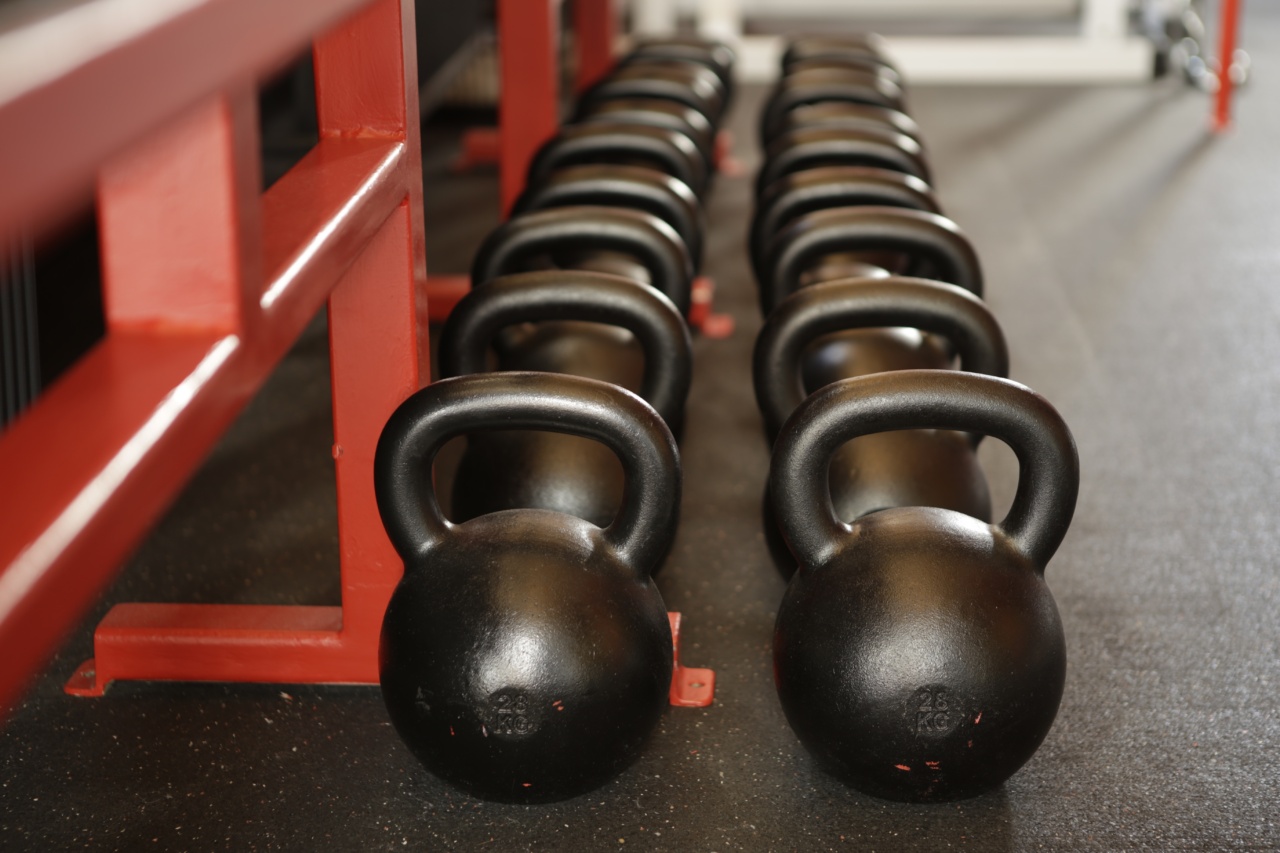Iron is an essential mineral that is vital for various bodily functions such as oxygen transport, DNA synthesis, and energy production. While iron is essential for good health, too much or too little can have harmful effects on the body.
In this article, we explore the duality of iron and its effects on health.
Beneficial Effects of Iron on Health
Transportation of Oxygen
One of the main functions of iron in the body is to transport oxygen to the cells. Iron is a crucial component of hemoglobin, a protein found in red blood cells, which carries oxygen from the lungs to the rest of the body.
Without enough iron, the body cannot produce enough hemoglobin, leading to a condition called iron-deficiency anemia.
Energy Production
Iron is also important for energy production. It helps the body convert food into energy and plays a role in the metabolism of various nutrients such as carbohydrates, proteins, and fats.
Immune System Function
Iron is necessary for the proper function of the immune system. It helps the body fight off infections by supporting the production of immune cells and antibodies.
Brain Function
Iron is essential for proper brain function. It supports neurotransmitter synthesis and nerve cell development, which are important for cognitive function, learning, and memory.
Harmful Effects of Iron on Health
Iron Overload
While iron is essential for good health, too much iron can be harmful. A condition called hemochromatosis causes the body to absorb too much iron, leading to iron overload. Iron overload can damage the liver, heart, pancreas, and other organs.
Increased Risk of Chronic Diseases
Iron overload has also been associated with an increased risk of chronic diseases such as diabetes, heart disease, and cancer. This may be due to the oxidative damage caused by excess iron, which can lead to inflammation and damage to the cells.
GI Upset
Iron supplements can cause gastrointestinal (GI) upset, including constipation, nausea, and abdominal pain. This is because iron can be irritating to the stomach and intestines.
Getting the Right Amount of Iron
Dietary Sources
The best way to get iron is through a healthy diet. Good sources of iron include lean red meat, poultry, fish, beans, lentils, iron-fortified cereals, and dark leafy greens such as spinach.
Vitamin C can enhance the absorption of iron, so consuming iron-rich foods with vitamin C-rich foods such as citrus fruits, tomatoes, or peppers can help enhance iron absorption.
Supplements
If you are unable to get enough iron through your diet, taking a supplement may be necessary. However, it is important to talk to your healthcare provider before taking an iron supplement.
Too much iron can be harmful, and iron supplements can interact with certain medications and other dietary supplements.
Iron Deficiency
If you have iron-deficiency anemia, your healthcare provider may recommend an iron supplement or dietary changes.
However, taking too much iron when it is not needed can also be harmful, so it is important to follow your healthcare provider’s recommendations.
Conclusion
Iron is essential for good health, but too much or too little can have harmful effects on the body.
Getting the right amount of iron through a healthy diet and/or supplements can help support the body’s essential functions while minimizing the risk of harm.































